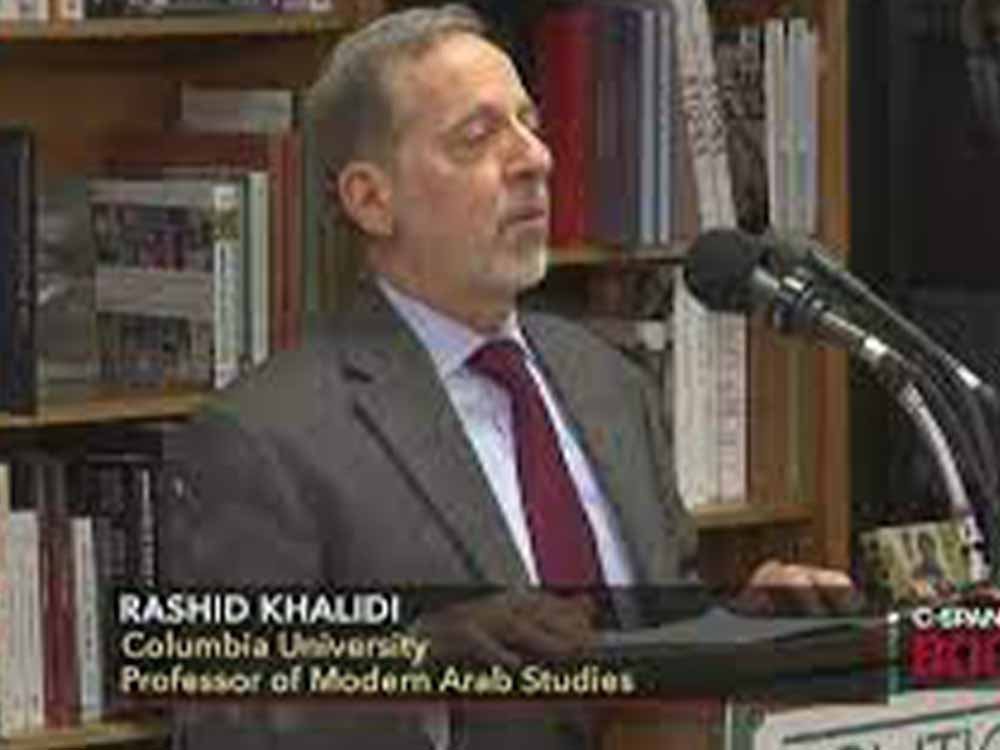Rashid Khalidi in 2008: Scholar, Controversy, and Political Context
Rashid Khalidi, a prominent Palestinian-American historian and academic, found himself at the center of controversy during the 2008 United States presidential campaign. This controversy stemmed from his association with then-candidate Barack Obama, raising questions about academic freedom, political affiliations, and the complexities of navigating Middle East politics.
Khalidi’s Background and Academic Career
Rashid Khalidi, born in New York City in 1948, is a distinguished scholar specializing in Middle Eastern studies. Holding a Ph.D. from the University of Oxford, Khalidi has authored numerous books and articles, contributing significantly to the understanding of the modern history and politics of the Middle East. Before the 2008 controversy, he held a position as a professor at Columbia University.
Controversy Surrounding Obama’s Connection
The controversy involving Rashid Khalidi during the 2008 campaign revolved around his past association with Barack Obama. The two had been colleagues at the University of Chicago, and Khalidi hosted a farewell dinner for Obama in 2003 when he left for his Senate campaign. Some critics seized upon this connection, claiming that Khalidi’s views on the Israeli-Palestinian conflict were incompatible with the positions of a potential U.S. president.
Academic Freedom and Political Scrutiny
The controversy prompted discussions about the boundaries between academic freedom and political scrutiny. Supporters of Khalidi argued that questioning his association with Obama was an infringement on academic freedom and an attempt to discredit him based on his views on the Middle East. Critics, however, contended that political associations, particularly in the context of Middle East politics, were fair game in the public discourse.
Post-Election Perspectives and Ongoing Contributions
Following the 2008 election, Rashid Khalidi continued his contributions to academia and Middle East studies. He remained an influential figure, participating in scholarly discussions and providing insights into the complex geopolitical landscape of the region. The controversy of 2008 became a chapter in Khalidi’s life, underscoring the challenges academics face when their work intersects with the political sphere.
In summary, Rashid Khalidi in 2008 became a focal point of controversy due to his association with Barack Obama and the ensuing debates about academic freedom and political scrutiny. While the controversy raised questions about the intersection of academia and politics, Khalidi’s enduring contributions to Middle East studies showcased the importance of nuanced discussions in navigating the complexities of the region.











